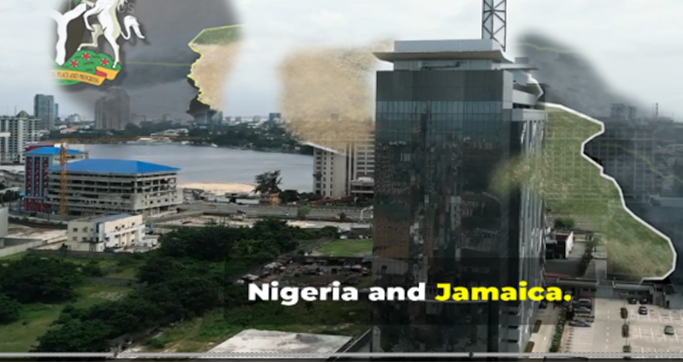Privatization—the transfer of ownership or management of public assets to private entities—has been a significant policy shift in Jamaica’s economic history. It has affected critical sectors such as bauxite, ports, airports, roads, and the tourism industry, with varying degrees of success. While some privatization initiatives have fostered mutual benefits for the country and its people, others have proven detrimental, exacerbating inequality and reducing public welfare. This article examines why privatization in certain Jamaican sectors is symbiotic, yielding great benefits for both Jamaica and Jamaicans, while others result in a less symbiotic relationship, where the gains are lopsided and Jamaica often loses more than it gains.
Symbiotic Privatization: Mutual Gains
Bauxite Sector
The bauxite industry, a cornerstone of Jamaica’s economy, illustrates how privatization can yield mutual benefits when managed strategically. Companies like Alpart and Windalco have historically attracted foreign investment, created jobs, and facilitated infrastructural development in mining communities. Foreign ownership has often provided access to advanced technology and global markets, enhancing Jamaica’s competitiveness in the aluminum sector. For instance, partnerships between the government and multinationals such as Noranda have ensured continuous economic activity, even during periods of market volatility. Additionally, agreements that include royalties and taxes have contributed to the national budget, funding public services.
Check us out on Rumble the Youtube alternative
Ports and Airports
The privatization of ports and airports has also demonstrated a symbiotic dynamic. The concession agreement for the Norman Manley International Airport (NMIA) with Grupo Aeroportuario del Pacífico is a prime example. The private entity’s management has improved operational efficiency, service quality, and infrastructure, aligning with global standards. Similarly, the Kingston Freeport Terminal Limited’s investment in port infrastructure has positioned Jamaica as a logistics hub in the Caribbean, creating jobs and boosting trade. These ventures exemplify how privatization can modernize critical infrastructure while preserving national interests through regulatory oversight.
Tourism Sector
Stocks and investments updates Dividends Catalyst
Jamaica’s tourism industry has also benefited from privatization. Privately-owned hotels and resorts, such as Sandals and Iberostar, have played a pivotal role in attracting international visitors, contributing significantly to GDP and employment. Private entities have the resources to market Jamaica globally, develop high-quality amenities, and ensure sustainable practices, such as eco-tourism initiatives. The government benefits through taxes, licensing fees, and the development of ancillary industries like transportation and agriculture.
Asymbiotic Privatization: Unequal Outcomes
Road Infrastructure
The privatization of roads, particularly through toll systems, highlights the challenges of asymbiotic relationships. While the North-South Highway has improved connectivity and reduced travel time, the high toll fees have been criticized as disproportionately burdensome for lower-income Jamaicans. This has created a scenario where private investors profit significantly, while a large segment of the population struggles with affordability. The lack of accessible alternatives exacerbates social inequality, undermining the potential benefits of improved infrastructure.
Hotels and Resorts
By Garry Powell
#Jamaica #Privatization #EconomicGrowth #MontegoBay #Tourism #Infrastructure #CaribbeanDevelopment






come and join me at moomoo!Sign up via my referral link now and claim 8.1% APY and up to 15 free stocks!
account when you invite 3 or more friends to sign